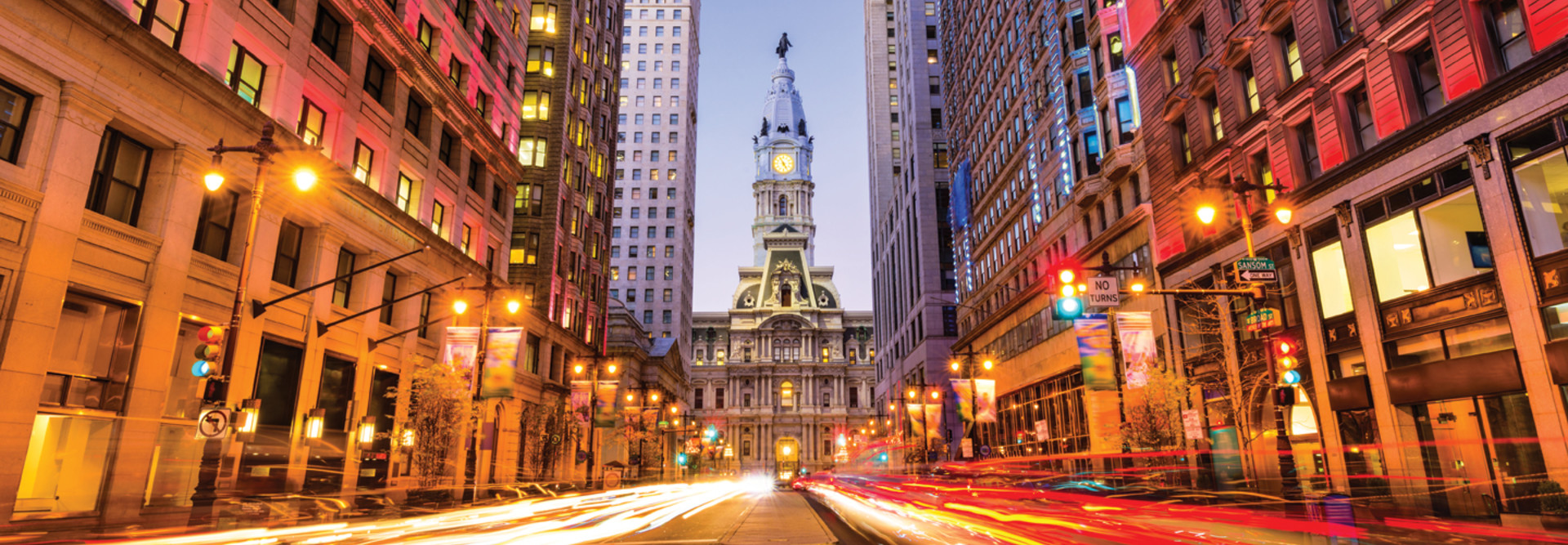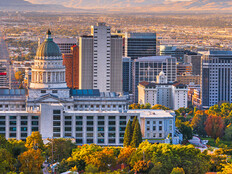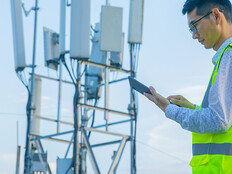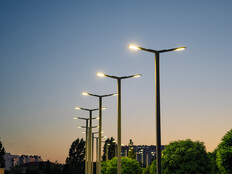How Philadelphia Plans to Mine Data From Optical Sensors
The project involves 14 smart streetlights placed on the 100 block of South 13th Street between Chestnut and Walnut streets, a location that was selected for its mix of dining and retail, increased foot traffic and existing public infrastructure.
“The goal of SmartBlockPHL is to test ways to collect data accurately and efficiently while prioritizing the highest standards of civil liberties and data privacy,” according to an FAQ page on the project’s website.
In practice, the city says the project will help “improve safety for vulnerable users and ensure that public spaces accommodate many needs.”
The project involves the use of optical sensors, which measure light and its characteristics and produce electronic signals.
“The smart streetlights used in SmartBlockPHL are able to analyze these signals and send text-based metadata to the city’s data center,” according to the project’s website. “Unlike cameras, the optical sensors do not transmit or store video, and they are not capable of facial recognition.”
DIVE DEEPER: How can smart city tech improve community safety?
Smart Streetlights Offer Promise but Generate Concerns
Philadelphia anticipates the smart streetlights will save money and increase efficiency. Without the technology, the city responds to complaints and traffic concerns by sending staff to assess traffic manually. Smart streetlights will allow that work to be done digitally.
The technology can be useful in addressing environmental sustainability concerns as well. It can also help reveal inequity among minority neighborhoods, which the city is seeking to address, including via a recently announced digital equity plan.
RELATED: How can lidar technology improve smart city safety and privacy?
How Philadelphia Plans to Protect Data Privacy
In response to the privacy concerns around the use of the technology in public spaces, Philadelphia has offered assurance that privacy will be a priority when handling the data it collects. The city’s website says no personally identifiable information will be collected or stored through this pilot, and only the metadata will be collected.
The city defines that metadata as “information drawn from the analysis of the physical world, which is then reduced to a form that can’t be connected back to the identity of people or objects.” The city says neither it nor its partners will have access to any real-time imagery or audio, and the data will not be used to enforce laws or issue tickets.
As further protection, the city has established the SmartCityPHL Project Task Force, which it says “will offer objective, expert reviews of potential smart city projects. These projects may collect public data or involve new technologies like artificial intelligence and machine learning.” The task force’s role will be to provide feedback to help ensure the projects prioritize the community’s best interests and preserve individual privacy.
Finally, the city will be reviewing the data before making it publicly available through OpenDataPhilly after the project has ended.
EXPLORE: How are cities thinking about their smart mobility solutions?











